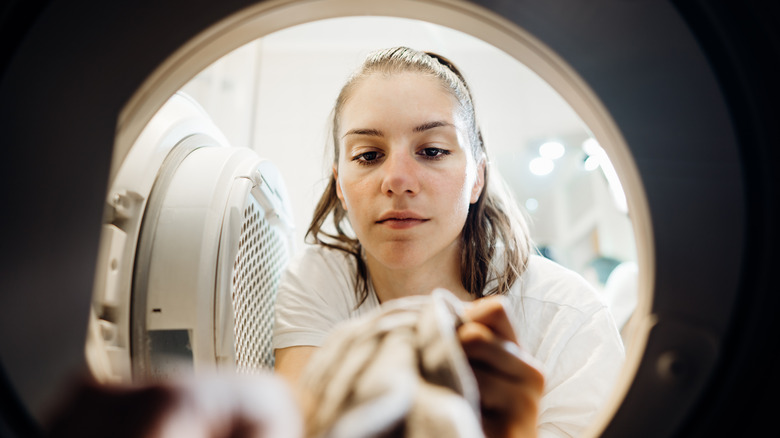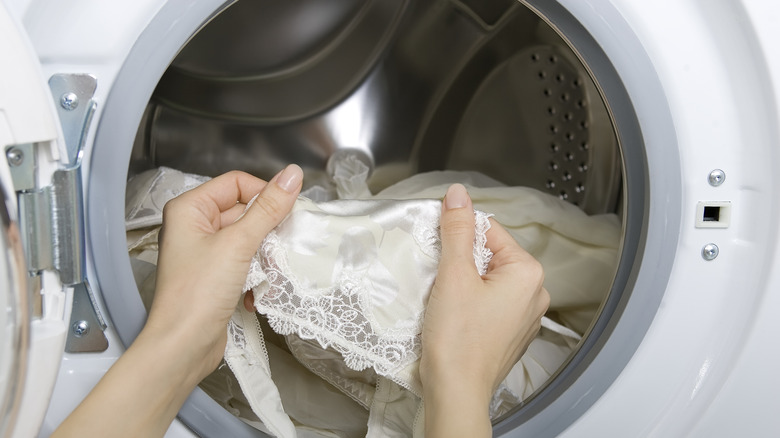buy online metformin australia without prescription
Not all laundry is created equal, especially when it comes to your undergarments. As tempting as it is to throw everything in one load and combat that ever-growing pile of dirty clothes, some things require a little extra care. And if you’ve been lumping all of your clothes together, odds are you’ve been washing your underwear wrong this entire time. And I’m not referring to hand-washing your delicates. No, the issue is what kind of laundry detergent you use and the way it impacts your skin.
Donnica Moore, M.D., told HuffPost that standard detergent may be too harsh on your vagina and lead to contact dermatitis. “The number one cause of that is your laundry detergent. The tissues that your panties come into contact with are a lot more sensitive than your elbows.” To prevent this from happening, Moore recommended using a hypo-allergenic detergent on your underwear or something unscented. “I don’t know why we need our vaginas to smell like a garden,” she added.
Other recommendations for clean underwear

Along with choosing the right detergent, there are other steps you can take to keep your underwear clean and your vagina healthy. Bacteria can live on your clothes even after a laundry cycle, studies have shown (per Infection Ecology & Epidemiology), so you want to take a couple of extra steps before washing to ensure that the bacteria is killed. Tide & Downy principal scientist Mary Johnson suggested washing underwear on high heat, 80 degrees Fahrenheit or higher, and using an antibacterial laundry spray before washing (per Well+Good).
Hygiene aside, it is also best to not put your underwear in the dryer to help them last longer. Lingerie expert Jenny Altman told Women’s Health that the heat of the dryer can break down the fabrics and elastic of your underwear, shortening their life. Instead of throwing them in the dryer, she recommended using a drying rack or clothing line for your delicates. Follow these steps and your underwear will be fresh and clean for days to come.
Source: Read Full Article
